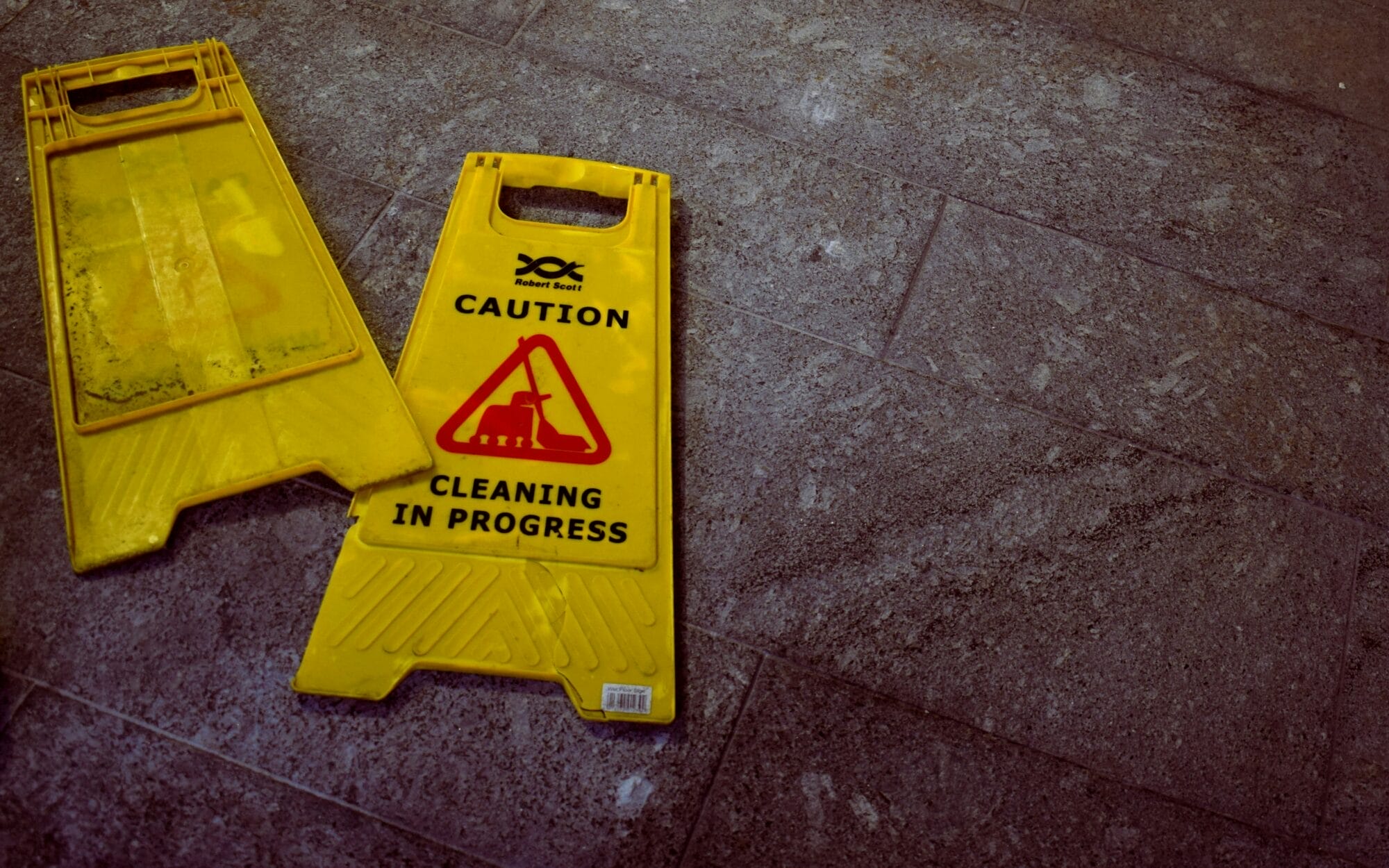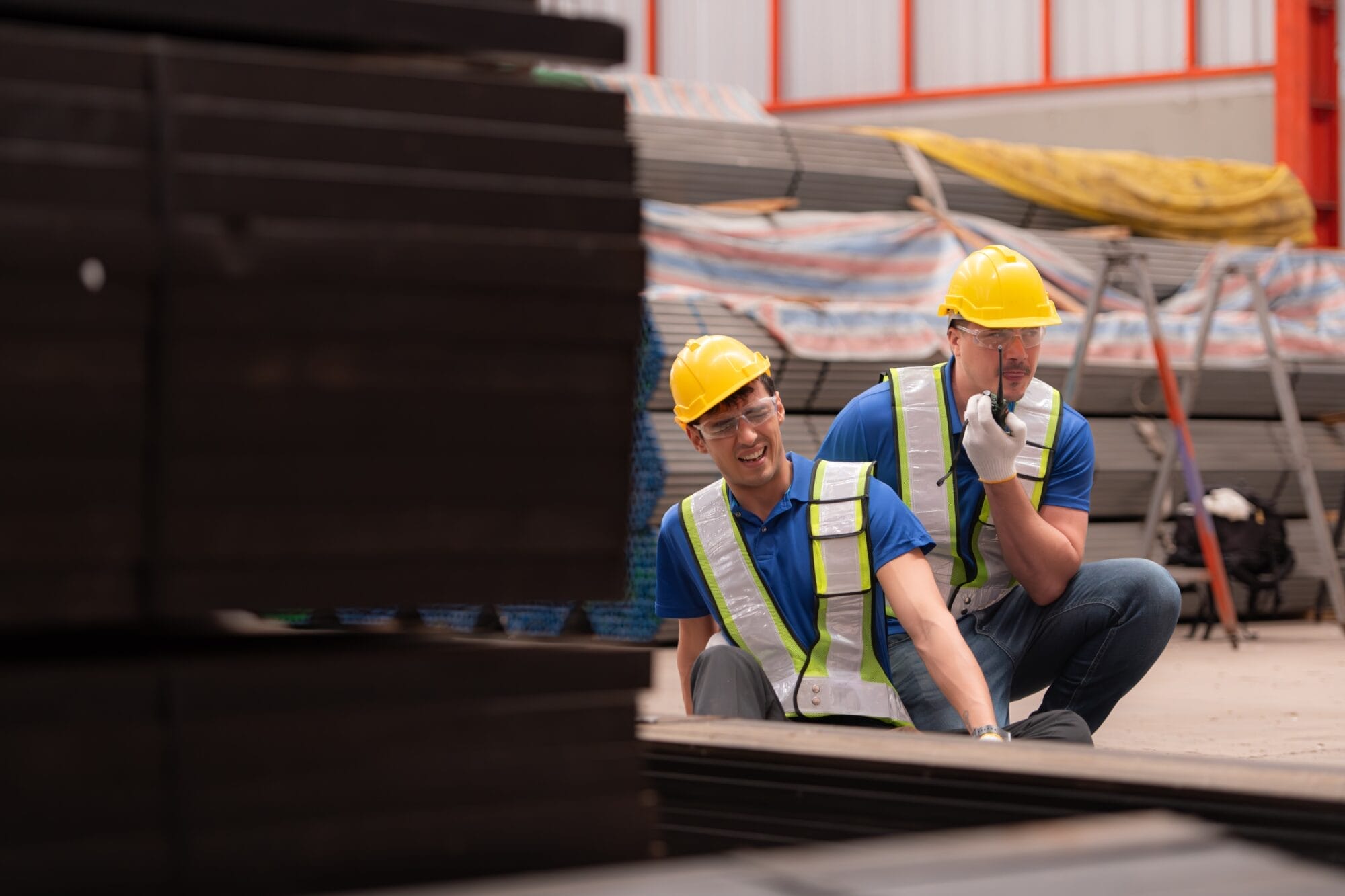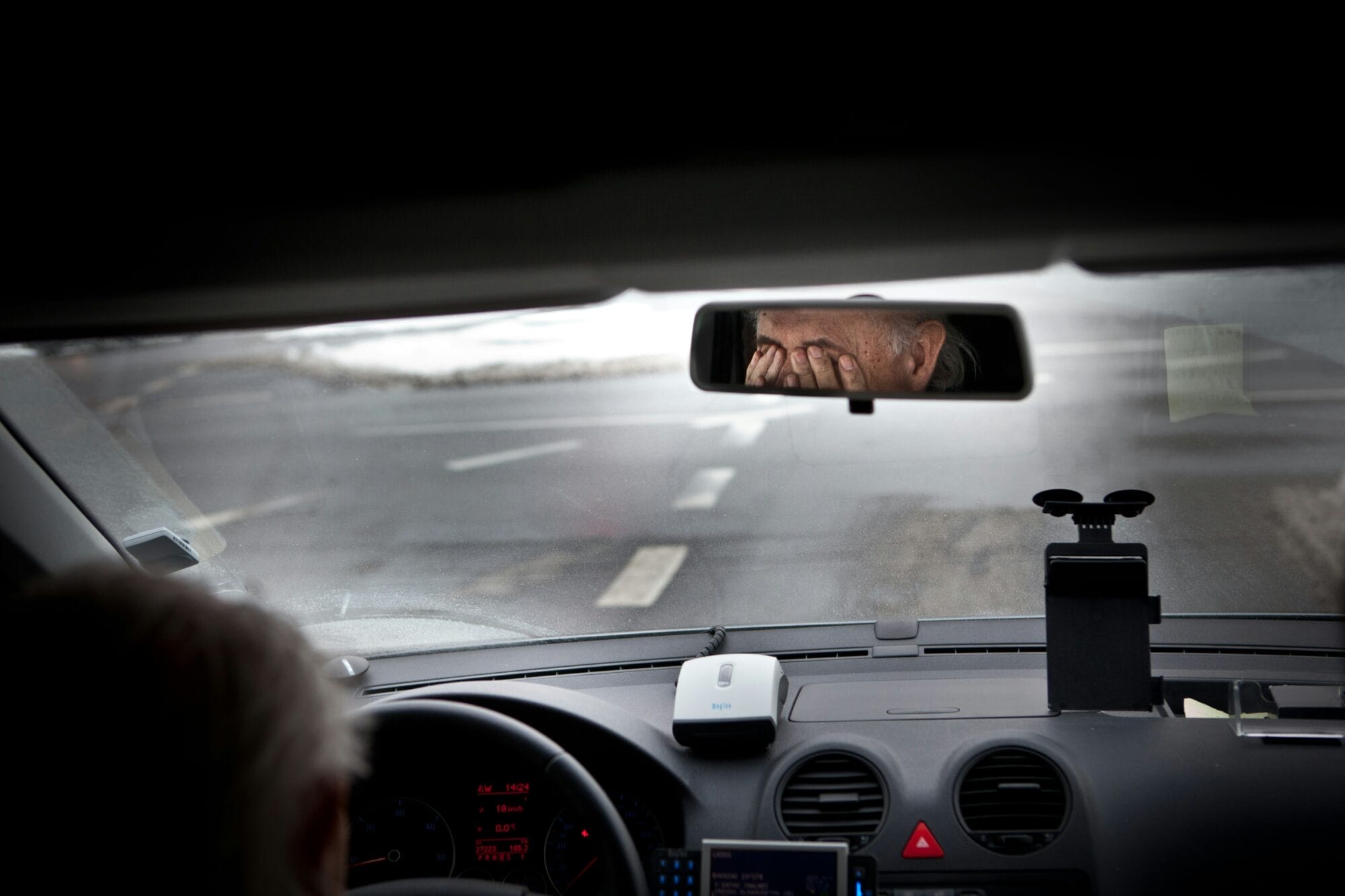For some work-related accidents, a third party may be legally responsible for a worker’s injuries, due to reckless or negligent behavior that caused the accident. When that happens, the worker can make a personal injury claim against the at-fault party, in addition to a claim for workers’ comp benefits. Third-party liability cases are very complex. Assistance from a lawyer with experience in both personal injury and workers’ comp claims, like our injury lawyers at Renfro & Renfro, is essential.
Third-Party Liability
Third-party liability for a work-related injury arises when someone else is legally responsible for the accident that caused the worker’s injury. A third-party liability claim is completely separate from the employee’s workers’ compensation claim. The liability claim is a personal injury case. To establish liability in any personal injury case, including one arising from a work accident, specific legal requirements must be proven.
The worker must suffer injuries from an accident that was caused by the third party’s behavior in a situation where that person had a legal duty of care. If the third party breached that duty by acting in a negligent or reckless manner, and the worker suffered injuries because of the failure to meet the legally required standard of care, then the third party may have legal liability for the worker’s injuries.
Work Situations Involving a Potential Third-Party Claim
Many types of work accidents can give rise to a third-party claim. On-the-job motor vehicle accidents are one of the most common types of injuries that create a third-party claim. If you receive injuries in a vehicle accident during work — whether you are a driver, rider, passenger, or pedestrian — you may have a third-party claim against the driver whose negligence caused the accident.
If your employment requires you to work on property owned by another person, and you suffer injuries while on someone else’s property, you may have a premises liability claim against the lessee or owner of the property. A slip-and-fall accident can give rise to this type of personal injury claim.
If you receive injuries while using equipment during your job, you may have a product liability claim against the equipment manufacturer or another party in the supply chain, if a defect in the product caused the injury. Product liability cases are extremely complex.
Construction accidents can lead to third-party liability claims in many different situations. If a person on the construction site negligently causes an accident that injures another worker, and the at-fault person does not work for the same employer as the injured worker, the employer of the at-fault person may have third-party liability for the worker’s injuries.
Many other circumstances can give rise to third-party liability as well. If you have an on-the-job accident, your workers’ compensation lawyer analyzes the circumstances to ascertain whether you may also have a third-party claim.
Compensation in a Third-Party Liability Case
If an injured worker both workers’ comp and personal injury claims, it does not mean that the worker will recover double the amount of compensation for the injury. However, workers’ compensation and personal injury provide different types of compensation, so the worker likely will receive more compensation if both claims are successful.
Workers’ comp benefits are very specific. So is compensation in a personal injury case. The two types of compensation have some overlap, as well as distinctly different elements. If a worker receives reimbursement in a personal injury case for amounts that workers’ comp also paid (like medical expenses), the workers’ compensation insurance company has a statutory right to recover the duplicated payment from the worker, which is referred to as a subrogation lien.
The compensation situation in a case involving both workers’ comp and personal injury claims is very complicated. Your lawyer works with the workers’ comp insurance company to resolve subrogation lien issues if they arise. The bottom line is that the worker does not make a double recovery for amounts paid by workers’ comp, because of statutory provisions relating to subrogation liens.
Pursuing a Third-Party Claim
If you think your work injury may create a personal injury claim against a third party, you should talk with a lawyer as soon as possible after the accident. It is especially important that you do not talk with the insurance company for the third party before you contact an attorney. You could easily make statements that undermine or harm your personal injury claim. Our Virginia Personal Injury FAQ page provides helpful background about personal injury cases.
Schedule a Free Consultation With Our Virginia Workers’ Comp & Personal Injury Lawyers About Your Third-Party Claim
If you had a work-related accident that may involve third-party liability, you should talk with a lawyer who understands both workers’ compensation and personal injury law. At the Richmond law firm of Renfro & Renfro, we dedicate our entire practice to those two areas of law. We welcome you to contact us for a free consultation.






